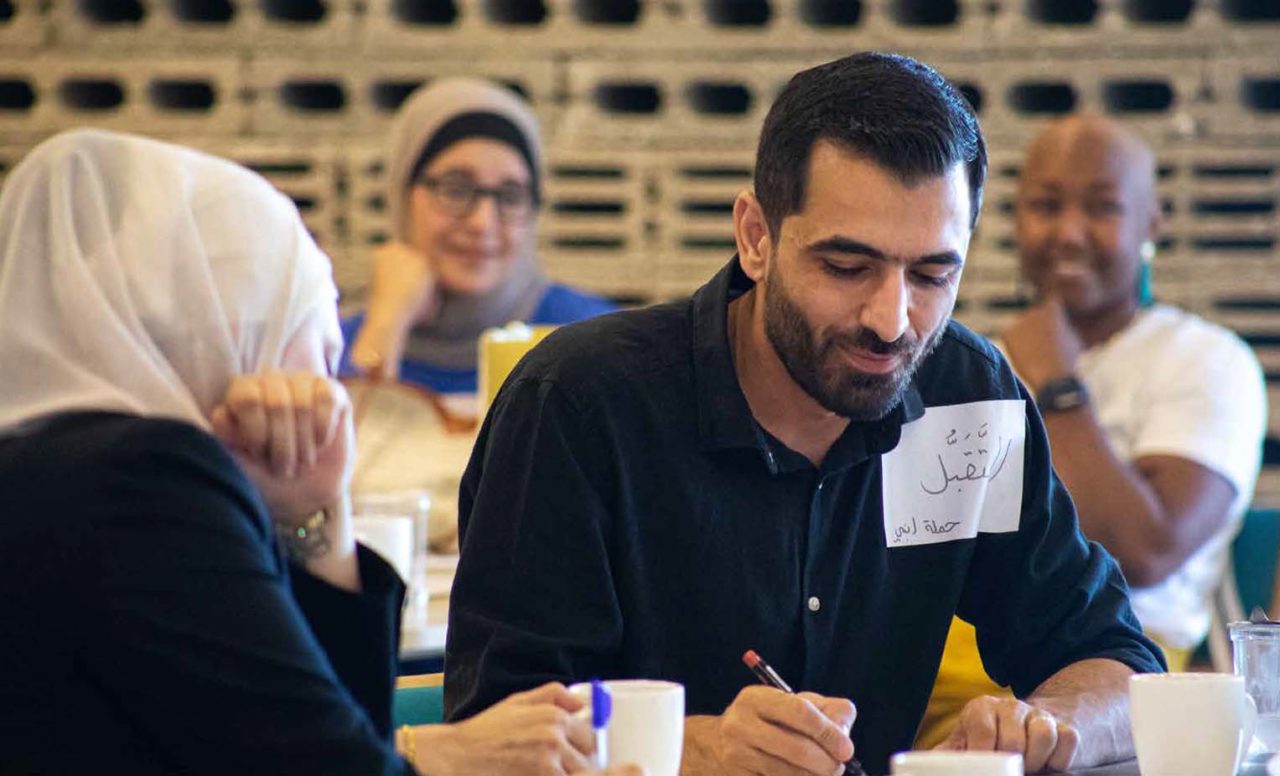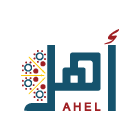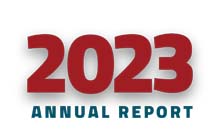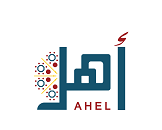Accompanying and Coaching Change Campaign
- “Urfud”( Refuse and Your People will Protect You) Campaign: Supporting Palestinian Druze youth rejecting to resist the obligatory army service in the Israeli Military. In 2023, after ten years of activity and facing constant challenges and threats to stop their organizing, the collective focused on developing campaign strategies not only to overcome these threats but to persuade more of the new Druze youth generation to declare their refusal to serve in the occupation army.
- “Right to Housing” Campaign: Advocating for alternative housing for residents of deteriorating buildings in Dahr el Maghr in Tripoli in Lebanon, in partnership with “Public Works Studio,” A leadership team worked to collect signatures from residents demanding the municipality provide alternative housing.
- “Cancer Warriors” Campaign: Cancer survivors in Jordan aim to integrate into society without being excluded due to their illness. The campaign focused on building a supportive community by organizing events and opportunities for integration into society. They also supported cancer patients from Gaza undergoing treatment in Jordan.
- “Hemophilia Campaign”: A group of Jordanian patients and their families demanding that the government resume providing preventive treatment for patients. The campaign focused on mobilizing families to file complaints with the Ministry of Health, proving the unavailability of life-saving medicine contrary to the ministry’s claims.
- “Education for Freed Slaves”: A campaign in Mauritania aimed to enroll the children of formerly enslaved people, known as Harateen, in schools to ensure their continuity in education. The campaign focused on obtaining scholarships for students and successfully registered over 800 of them in private schools. Moreover, parents were encouraged to motivate their children to continue attending school and pursue further education.
- “My Safety System”: A group of seven women formed a leadership team and launched a campaign in Bethlehem aimed at implementing a system to transfer cases of violence against women and protect them. They collaborated with representatives from the Ministry of Health and the municipality. Unfortunately, the campaign activities were suspended due to the war in Gaza.
- “Your Right is Our Responsibility” Campaign: The crimes of killing women, girls, and children within the family have noticeably increased year after year in Jordan. The majority of the perpetrators, as announced, were close relatives such as husbands and siblings.In many cases, a woman’s guardian, also a relative, may use their right to waive her personal rights in order to issue a lenient verdict against a perpetrator. This campaign was launched in Jordan by a group of young women to put an end to this practice. They aim to prevent perpetrators or killers within the family from using this excuse to escape punishment. The campaign initially focused on building a Jordanian community supportive of the idea before moving on to the advocacy phase.
- “Stand Up with the Teacher” Campaign: The campaign has stood for the labor rights of private-sector female teachers in Jordan for over eight years. In 2023, the campaign focused on supporting collective bargaining by teachers in six schools from various governorates to guarantee their rights. The campaign also invested in a parallel positive approach, encouraging ten schools to join an excellence award after implementing all the unified teacher employment contract provisions.
- “Let us Keep our Childhood” Campaign: In partnership with “Women Now,” working with families in the Bekaa Valley in Lebanon who refuse and fight child marriage since 2019, the “Let us Keep our Childhood ” campaign works to stop child marriages in their community. In 2023, the campaign was able to successfully cancel 109 engagements and postpone 90 engagements of children under 18. Moreover, they were able to secure the commitment of 662 young women and men to refuse to marry before the age of 18. Additionally, the campaign held the Ministry of Religious Affairs accountable for clerics who officiated the marriage of young girls.
- “Don’t Compromise” Campaign: Advocating for raising the custody age for divorced mothers in Gaza. The campaign focused on mobilizing leaders and forming teams of advocates for the cause. The campaign’s activities were suspended after the war on Gaza started.
These are some of the campaigns and organizations that Ahel focused on coaching in 2023. Ahel takes pride in the presence of campaigns that continue to demand and stand firm despite the closing of public space for action and expression in the Arab world.
In the last third of the year, and in the face of the brutal attacks on the Gaza Strip, Ahel dedicated time and effort to contribute to organizing efforts for Palestinian liberation and ceasefire. You can read more about it here.
Finally, in order to accompany and strengthen more campaigns across the region, Ahel invested in building the capacity of community organizing coaches who have become our extended team in various countries. In 2023, the we conducted the fourth and final level of the Training of Campaign Coaches, with the participation of 15 coaches from Jordan, Palestine, Lebanon, Egypt, and Tunisia. Additionally, we started developing a digital version of the first level of the training, set for implementation as a pilot in 2024.
An external team of researchers conducted an impact assessment of the “Leadership and Collective Action for Change” course during the first four years. The assessment report, which you can find here, highlighted the course’s impact on the alumni’s leadership, campaigns, organizations, and personal lives. The report also provided recommendations for our continuous course improvement. We were proud to share the report with partners, friends, and community organizing experts from Harvard University and worldwide to get their feedback.
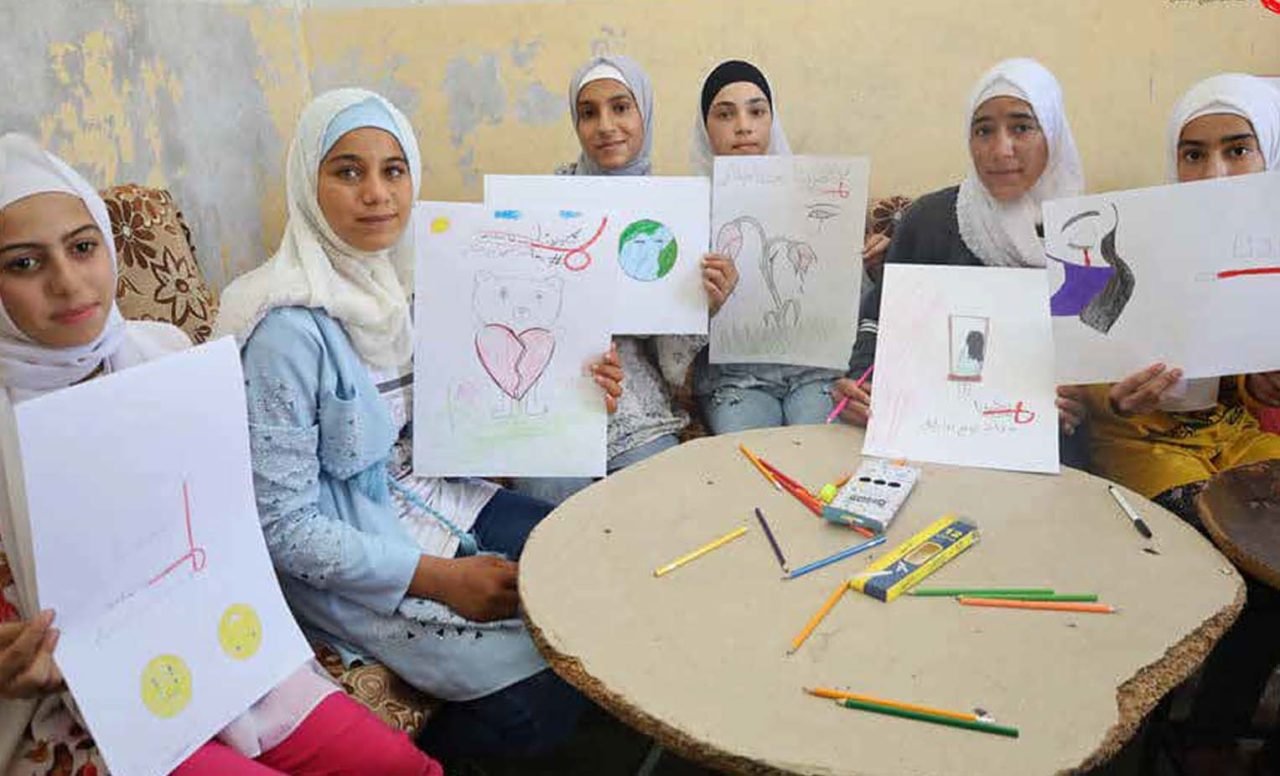

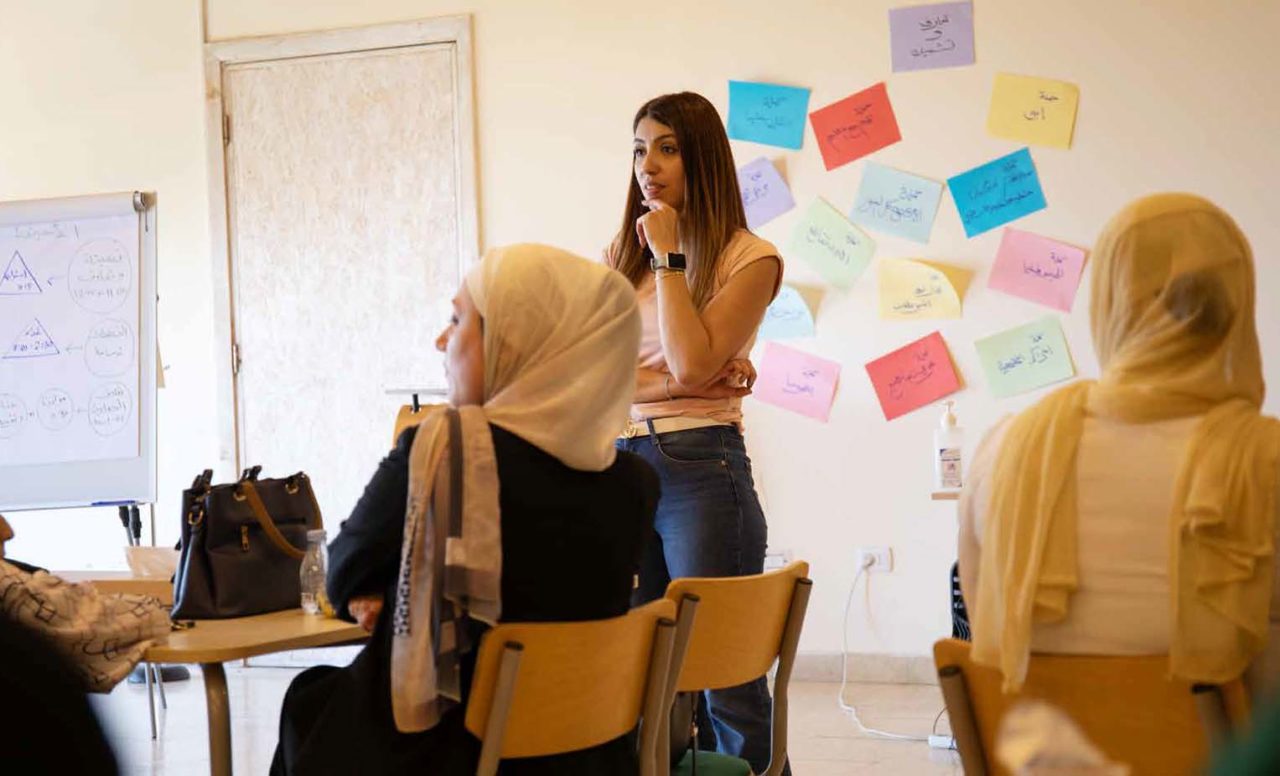
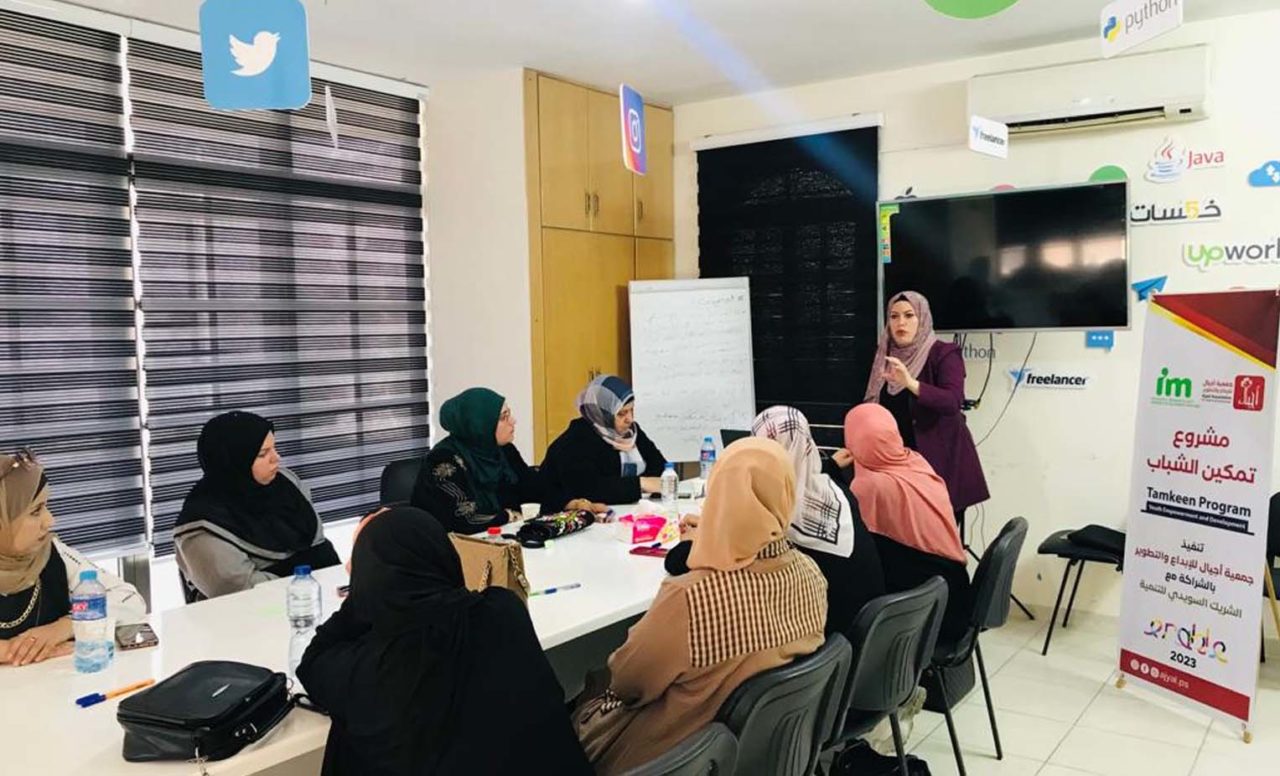
Building Collective Leadership and Organizing Capacity.
In June, 100 leaders from ten Arab countries graduated from the fifth cohort of our online course “Leadership and Collective Action for Change.” The course ran for five months, during which the leaders completed a learning journey that explored how they could exercise their leadership through the five community organizing practices, build their teams, and develop campaigns for political and social rights.
In November, 25 female leaders from various governorates in Jordan completed the “Leadership, Organizing, and Feminism” course, held in person in Amman. Addressing crucial women’s issues in Jordan, the participants underwent a five-month learning journey after mobilizing those concerned with their causes. During this time, some developed campaigns to combat sexual harassment in the workplace and digital violence against women. Others focused on enhancing the rights of mothers in child custody after divorce and maternity rights in the workplace.
In July and August, 120 leaders from around the region completed the annual “Forsa” community organizing workshop in two rounds. This workshop offers the opportunity to learn the base of community organizing practices and collaborative leadership to those exploring ways to start or improve their work for their causes. Our extended team of community organizing trainers, who come from different backgrounds and have varying organizing experiences, delivered the workshop online.
While “Forsa” covered the base of community organizing practices, we also designed and delivered two workshops focused on one of the five practices: public narrative. A group of women completed the development of their stories as part of the “Your Voice is Power“ project, aiming to increase the number of women in municipal councils in cities like Lod, Haifa, and Nazareth in the upcoming elections. Furthermore, 31 women from all Jordanian governorates completed the development of their stories and narratives around their leadership on various issues, such as their children’s rights to healthcare and education.
This year we introduced a new course that is aimed for seniors in international NGOs and foundations. This course offers an opportunity for leaders working in organizations that fund community based centers and civic organizations to learn about community organizing as a theory of change. This online 5sessions course engaged its participants in reading and discussing: people power, organizing, social movements, and how to counter the NGOization of our movements. The course will run again as more interest is registered. . More about it here.
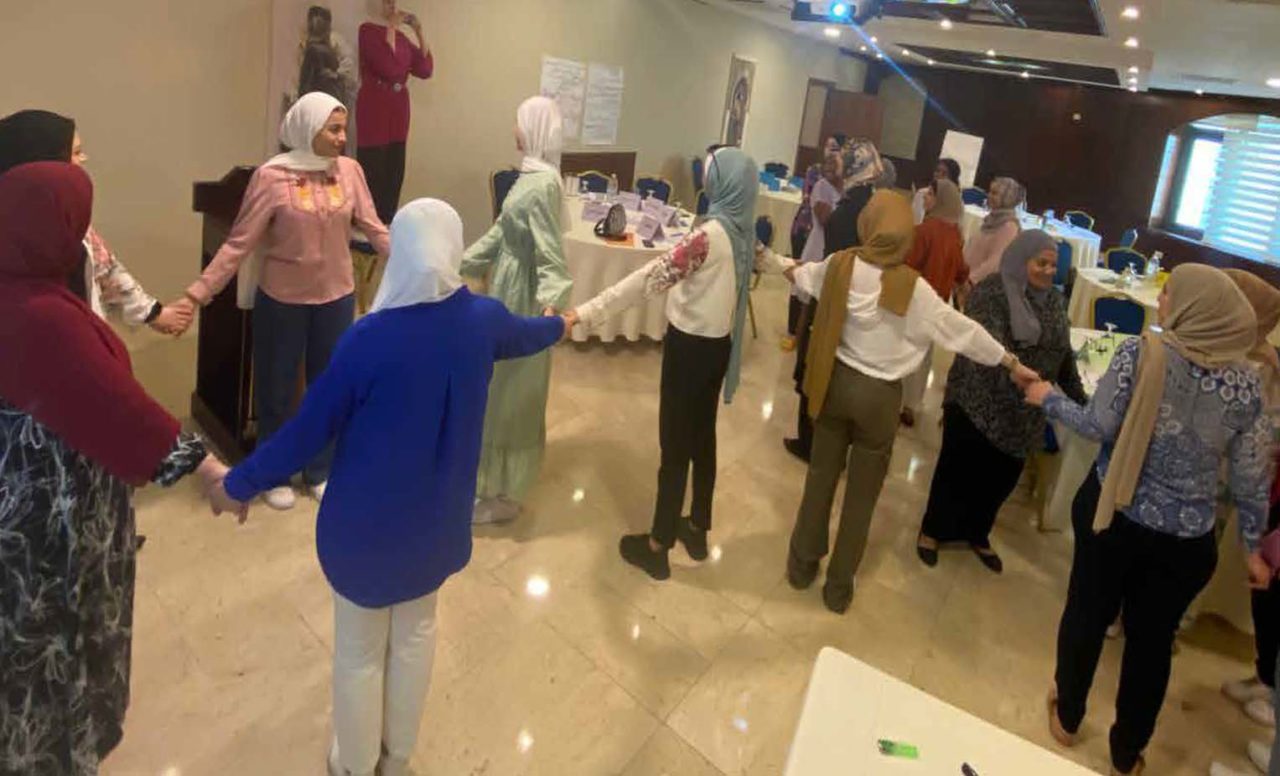
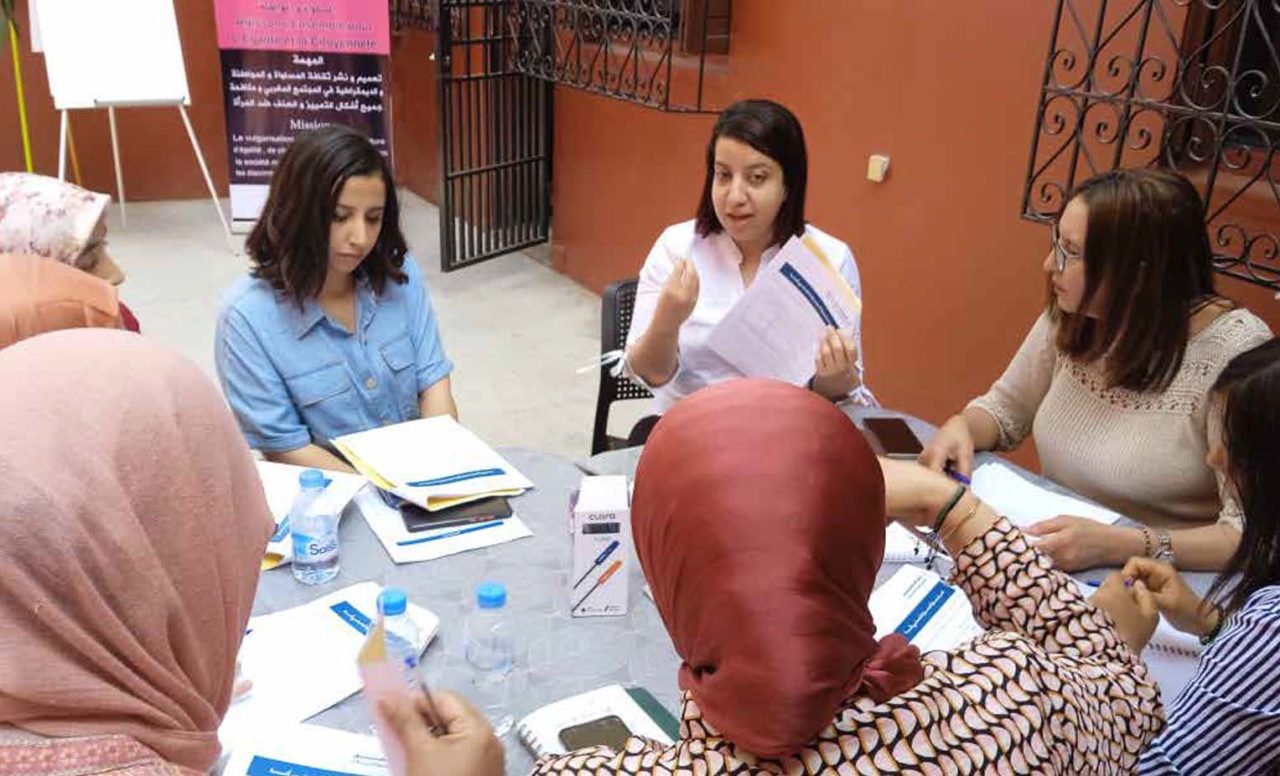
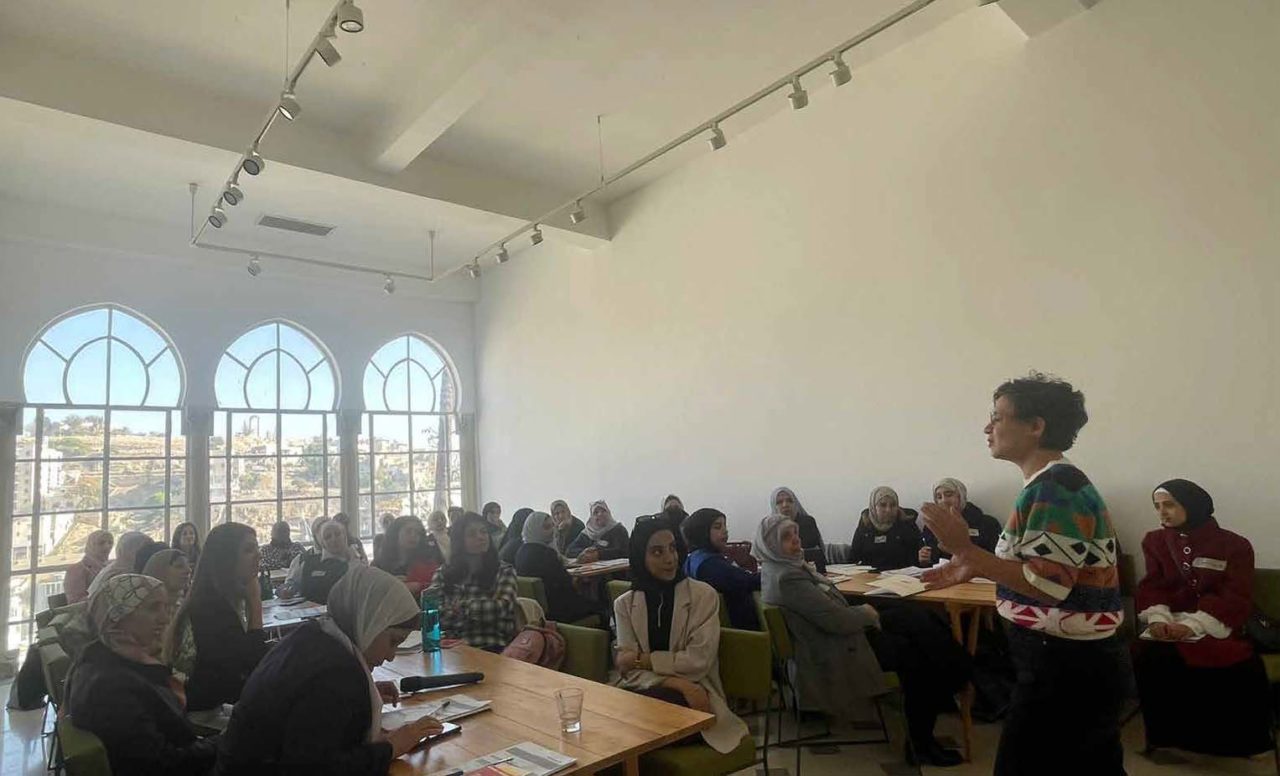
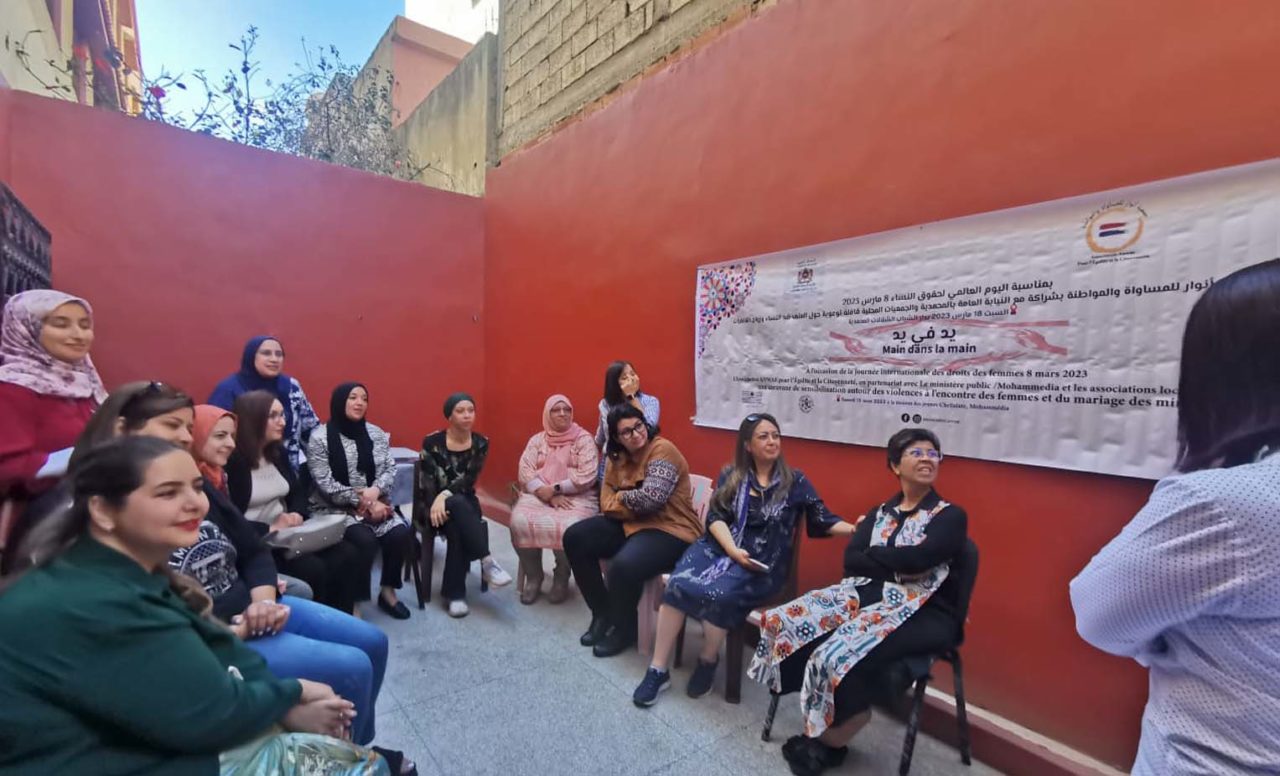
Enhancing Resilience of Leaders and Organizers
By the end of 2023, the Athar Network had 191 members across seven countries. These members are leaders in more than 35 campaigns and movements, working towards various causes in the region. Throughout the year, they showed solidarity and resilience differentways:
- Political Understanding:
The network focused on improving political comprehension of different situations among various groups, whether at the country or issue level. The members implemented different creative ideas to help engage other members and strengthen their comprehension of the context. Examples of such were live broadcast tours in specific locations. For instance, a local Palestinian took online viewers on a tour of Tiberias and Ein ‘Awd tour to help them understand the Nakba, while members in Lebanon organized a tour of the Beirut Port location to help them comprehend the explosion incident and its consequences.
- Intersectionality Understanding:
Training sessions were held to help the members develop their understanding of intersectionality as a methodology and lens to comprehend the Arab context. This approach helped in understanding how identity is formed in the Arab region and explored the connection between issues within the broader perspective of social justice.
- Collective Calls to Action:
Within its members, the network launched more than nine joint calls for action, some digital and others on the ground. Initiatives ranged from supporting earthquake victims in Syria and addressing the ongoing challenges in Masafer Yatta -Palestine to campaigns’ calls to action like “BDS Jordan” urging members to boycott Carrefour and the “Ebni” campaign calling on members action pressuring the Ministry of Health to meet their demands. Additionally, the network mobilized its members in Jordan to stand against the then-proposed Cyber Law by applying the tactic of a “Phone Bank” to influence members of the parliament and convince them to vote against it.
As the year came to a close, members from across the network issued various calls for action at all levels in support of Gaza and Palestine, including boycotts and protests in different countries.
The network members joined activists from around the globe, gathering hundreds of signatures to pressure Egypt through its embassies to open the Rafah crossing for humanitarian support. In a personal human touch, messages were sent to the network’s 24 members inside Gaza to show support and solidarity as much as possible given the circumstances.
Athar members continued their dedication to learning and knowledge sharing from global leaders and activists throughout the year. It began with a webinar commemorating the 12th anniversary of the Egyptian revolution, which featured Rami Shaath – a Palestinian-Egyptian activist who spent nearly two years in Egyptian prisons. After that, there were sessions with the “Youth for Parliament” group from Zambia, which has established an extensive network in their region with over four thousand members in the past four years. Finally, in a timely session, members were introduced to different forms of resistance from different perspectives. They gained insights into how people resist oppression in different parts of the globe.
In late 2022, we organized an extended meeting for leaders of campaigns and movements. We called it the “Campaigns Forum”. The first forum brought together 18 campaigns from the Arab region. The focus was on knowledge exchange, motivation retention strategies, expanding their bases, and utilizing popular education for awareness and effectiveness. In 2023, we continued these gatherings as spaces to celebrate campaign successes on the ground and opportunities for practical learning.
The Athar network places great importance on protecting its leaders. This involves developing an understanding of the specific factors and mechanisms at play in different countries, in order to enhance the confidence and sense of security of these leaders. To achieve this goal, various strategies are employed. These include engaging with local lawyers to gain a better understanding of the legal situation in each country, participating in events with a wider audience, and hiring specialists to provide training on digital security. The aim is to empower leaders and campaigns in their respective countries.
Other convenings in 2023:
Included regional online gatherings through Zoom, involving 60 leaders from different Arab countries, focusing on sharing campaign learning around tactics such as negotiating with decision-makers and conducting house meetings. Another face-to-face forum was organized specifically for Jordanian campaigns, and was attended by 40 leaders from 12 campaigns. It focused on the concept of resilience and continuity in the activist community, sharing tactics and practical learning on negotiating with decision-makers, collecting signatures for petitions, and conducting house meetings.
